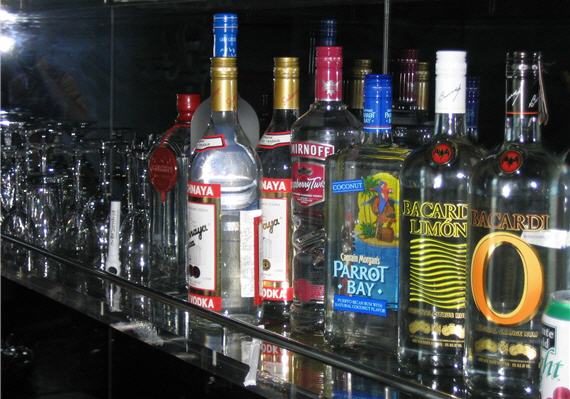Drinking Alcohol Helps You Remember
Forget about that old idea about drinking to forget a lost love, it seems alcohol actually helps your brain remember things better:
ScienceDaily (Apr. 12, 2011) — Drinking alcohol primes certain areas of our brain to learn and remember better, says a new study from the Waggoner Center for Alcohol and Addiction Research at The University of Texas at Austin.
The common view that drinking is bad for learning and memory isn’t wrong, says neurobiologist Hitoshi Morikawa, but it highlights only one side of what ethanol consumption does to the brain.
“Usually, when we talk about learning and memory, we’re talking about conscious memory,” says Morikawa, whose results were published last month in The Journal of Neuroscience. “Alcohol diminishes our ability to hold on to pieces of information like your colleague’s name, or the definition of a word, or where you parked your car this morning. But our subconscious is learning and remembering too, and alcohol may actually increase our capacity to learn, or ‘conditionability,’ at that level.”
Morikawa’s study, which found that repeated ethanol exposure enhances synaptic plasticity in a key area in the brain, is further evidence toward an emerging consensus in the neuroscience community that drug and alcohol addiction is fundamentally a learning and memory disorder.
When we drink alcohol (or shoot up heroin, or snort cocaine, or take methamphetamines), our subconscious is learning to consume more. But it doesn’t stop there. We become more receptive to forming subsconscious memories and habits with respect to food, music, even people and social situations.
In an important sense, says Morikawa, alcoholics aren’t addicted to the experience of pleasure or relief they get from drinking alcohol. They’re addicted to the constellation of environmental, behavioral and physiological cues that are reinforced when alcohol triggers the release of dopamine in the brain.
“People commonly think of dopamine as a happy transmitter, or a pleasure transmitter, but more accurately it’s a learning transmitter,” says Morikawa. “It strengthens those synapses that are active when dopamine is released.”
Alcohol, in this model, is the enabler. It hijacks the dopaminergic system, and it tells our brain that what we’re doing at that moment is rewarding (and thus worth repeating).
Among the things we learn is that drinking alcohol is rewarding. We also learn that going to the bar, chatting with friends, eating certain foods and listening to certain kinds of music are rewarding. The more often we do these things while drinking, and the more dopamine that gets released, the more “potentiated” the various synapses become and the more we crave the set of experiences and associations that orbit around the alcohol use.
There’s obviously some serious science here that could lead to valuable insights into fighting addiction, but I can’t help but ask, yet again — Alcohol, is there anything it can’t do?


The simpsons have a line for everything: Homer holds up a beer and says “Fill my brain learning juice!”
Answer my email.
Also: blogging while drunk not always best idea.
I’ve never read of alcohol’s ability to help one pass either a Breathalizer or BAC test.
What I found notably lacking from the Science report (perhaps it’s in the original study) is the quantity of alcohol being tested. If the potentiator is 1ml/hr, then I could see how this could serve as a tweak. But if it 300dl of 100 proof, I’d really want to think about it.
Plus, enough alcohol will give you some really interesting events to remember.
too….
I think this will require further investigation….